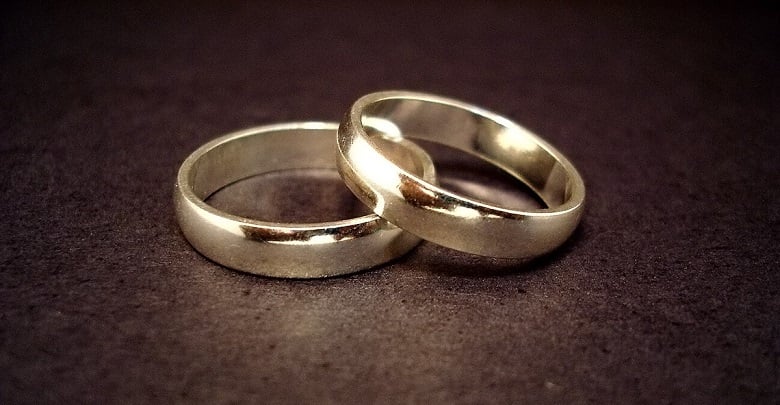Recent research has revealed that the expected annual income for divorcees retiring this year will be approximately £3,800 less than those who have been through a marital split.
According to Prudential analysis of 2016 data from the Office for National Statistics (ONS), there has been a rise in the number of people getting divorced, with the most significant annual increase being among those over the age of 55. The analysis found that whilst those who had divorced would receive an annual retirement income of around £17,600, those who had not would get £21,400.
The discrepancy doesn’t stop at retirement income either, with the research indicating that 23% of divorcees are likely to retire in debt compared to 16% of those who have not been through a marital break-up. At 15%, divorcees are also more likely to have no pension savings at all upon retirement, compared to 11%.
However, where retirement debts are concerned, the total amount for divorcees is likely to be lower than non-divorcees, at £30,500 and £36,900 respectively.
Commenting on the analysis was Clare Moffat. The pensions specialist at Prudential highlighted the impact of divorce on both personal and financial circumstances in later life.
“Divorce can have a huge financial impact on people’s lives. Many may not realise that the cost of divorce can last well into retirement, as divorcees expect retirement incomes of nearly £4,000 less each year than those who have never been divorced.
“The stress of getting through a divorce can mean people understandably focus on the immediate priorities like living arrangements and childcare but a pension fund and income in retirement should also be a priority. A pension fund is one of the most complex assets a couple will have to split so anyone going through a divorce should seek legal and financial advice to help them do so. For many more couples, the increase in the value of pensions means that it is often the largest asset. It goes without saying that advice is crucial as early as possible in any separation where couples have joint assets.”



















